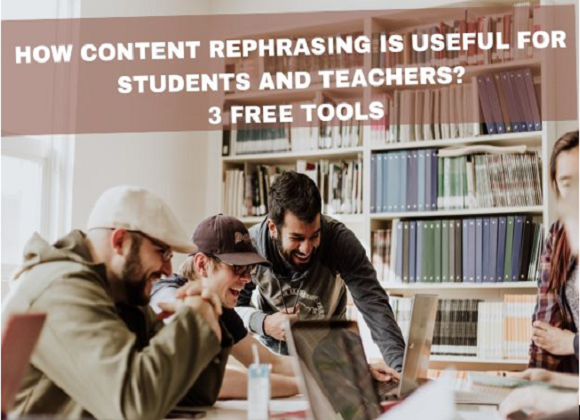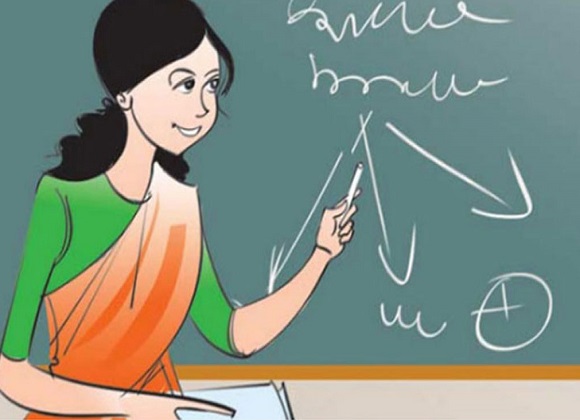Courses
Grow skills with quality courses
The New Education policy-2020 was released after almost 34 years and contains a detailed document on reforming the entire education system, aligning it to the current times. It talks about Early Childhood Care (ECC), making it universal but has been hailed because it is the first time that it has been talked and documented about. However, a dedicated public budget with effective implementation is required.
Talking about Early Childhood Education is also referred to as pre-primary or pre-school education. It traditionally caters to the age group of three to six years. If we see historically, Early Childhood Education has been neglected. We can see it from the fact that the Indian Constitution, through its fundamental rights, also did not recognize primary education between three to six. Contrary to this, NEP-2020 envisages a five-year foundational stage of education with three years of ECE and the first two years of primary school. It extends from ages three to eight, based on the curriculum and not at the level of physical facilities. This structure will strengthen with the strengthening of the anganwadis, pre-primary sections, and independent preschool centers which will require special efforts from the governments too. The current ECE also talks about the development of foundational literacy and numeracy, introducing the 3 R’s- reading, writing, and arithmetic. The possible reason for having given importance to the 3 R’s can be influenced by the targets set by India under Sustainable Development Goal-4, which talks about Quality Education. The aim is to achieve literacy and numeracy, for both men and women, by 2030. But the broader question that encompasses us is if it is correct to lay so much emphasis on the 3 Rs at such a young age?
One of the factors that can be seen here is that in India, there is not enough discussion or research about how to teach reading-writing-arithmetic to young students. The approach that is followed here is to teach the following skills by breaking up each skill into small parts and then learning them one by one. But this procedure basically neglects critical thinking and expression of thoughts that should be the purpose, where the child is able to understand the meaning of the sentences. In the West, they follow the Eminent Literacy Approach that considers literacy development as an integral part of a child’s overall development. Here the focus is to develop some critical ideas related to printed language and the process of reading and writing much before the letters of alphabets are introduced. In a country like India, where the children can be first generation school-goers, it becomes important for pre-school education to be effective.
Literacy development is an important part of a child’s development. The process of preschool teaching, focussing on the critical understanding of meanings at that early age can be extended to grades 1 and 2. Teachers need to be skilled at a large level along with awareness being generated among the parents and caretakers, on their approach to teaching their kids at home. A family is considered to be the first house of a child’s socialization and thus, plays an important role in their initial education too. Thus, an overall rehauling is required to make Early Childhood Education more effective.
About the author
Comments
Recommended by Gurushala

Technology & Innovation
-By Valentina MilanovaHow Content Rephrasing is Useful for Students and Teachers? 3 Free Tools

Stories of Indian Classrooms
-By GurushalaOn the course of continuous learning- An inspiring teacher story from Pune
Related Articles
